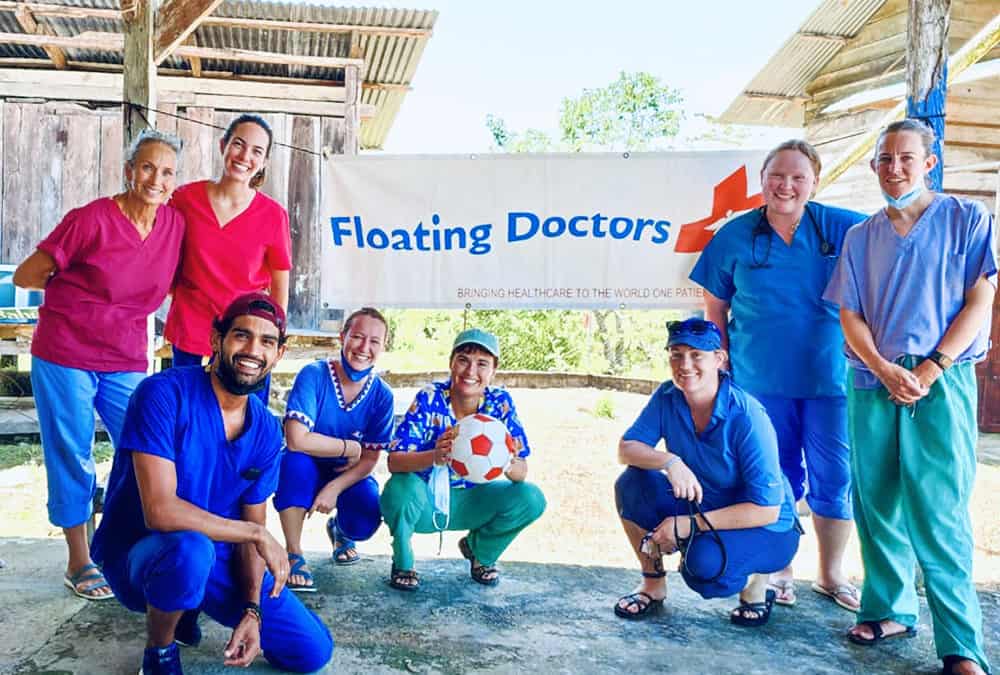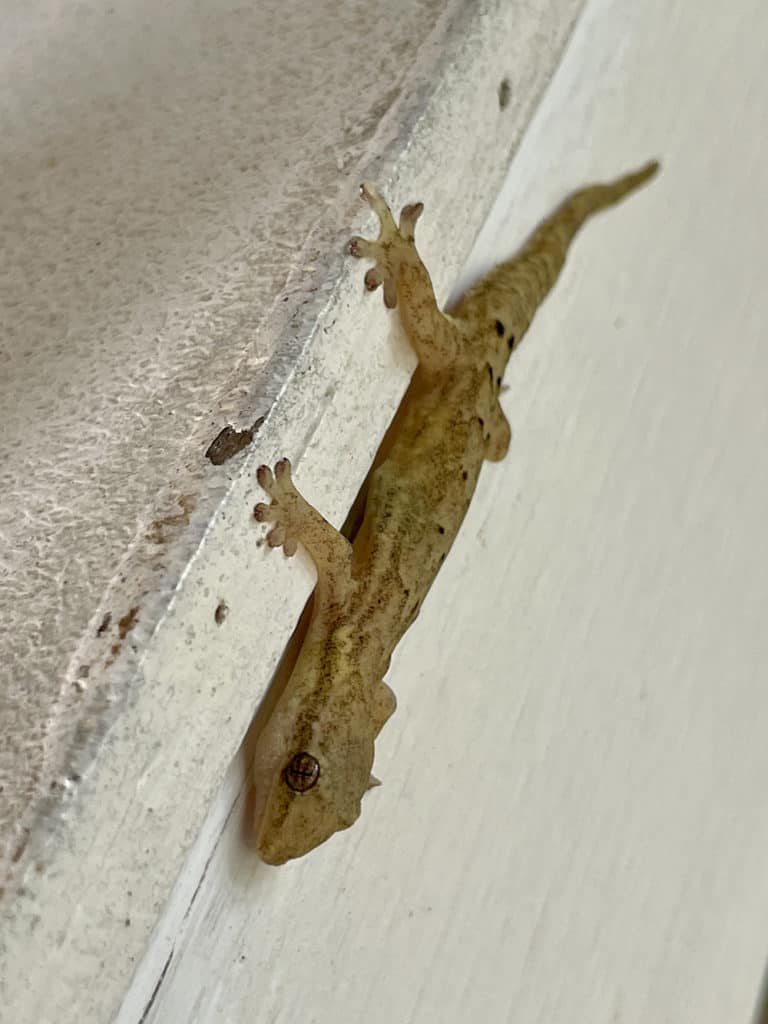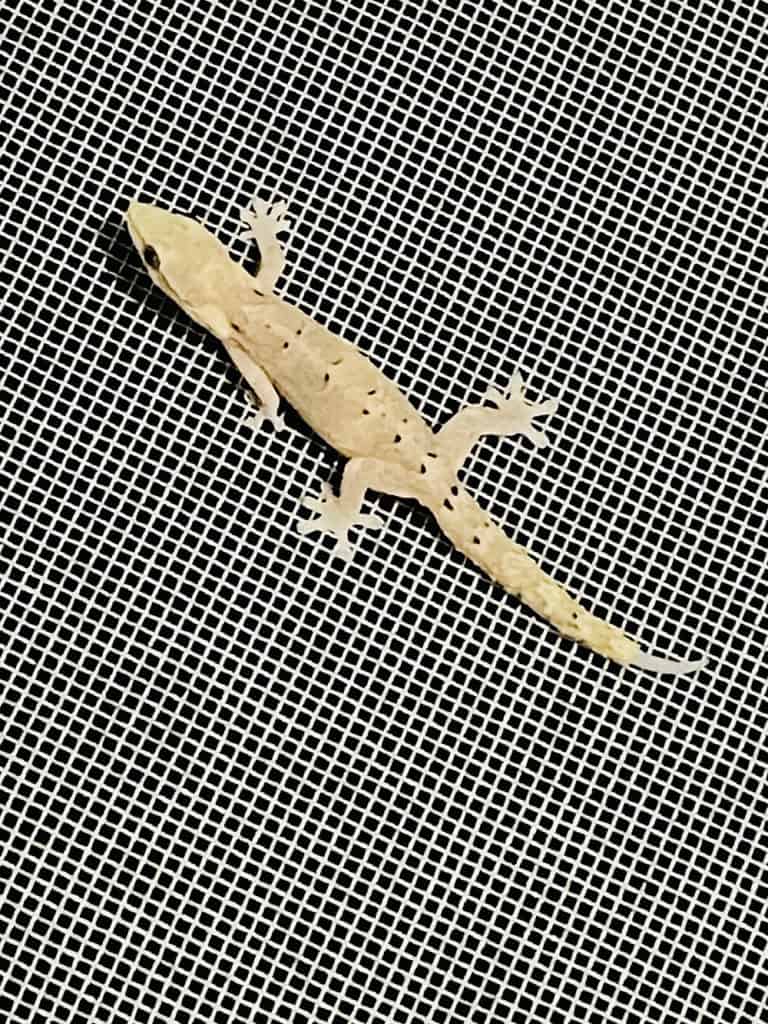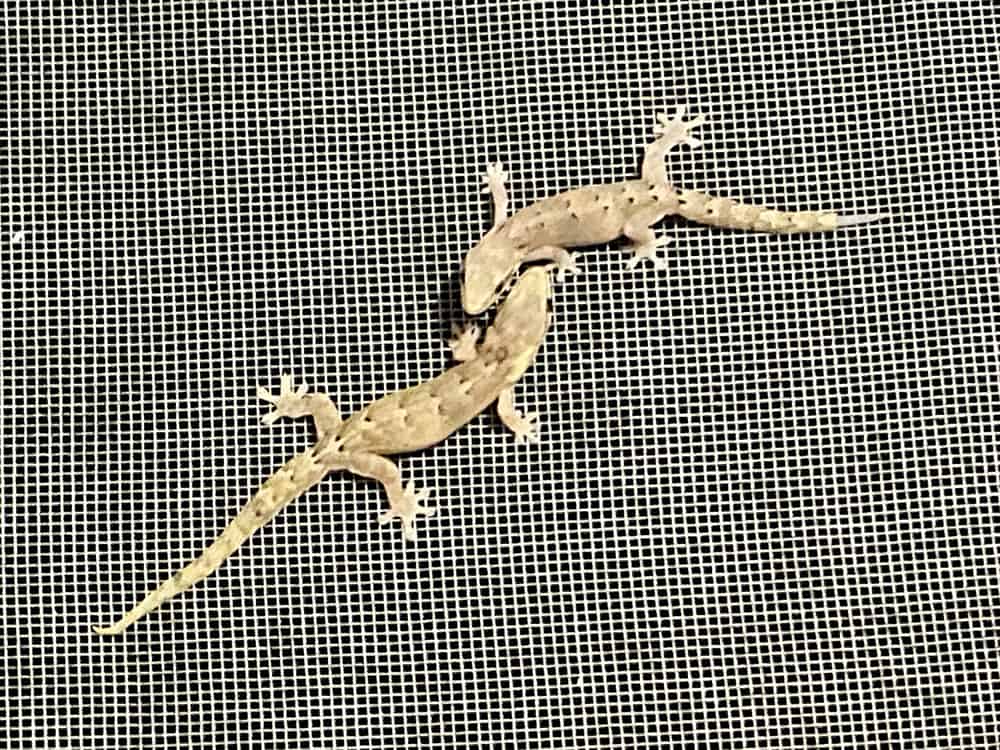In the spirit of the fast-approaching season of giving, we at Your Concierge NYC have decided to switch things up for this next post. Don’t worry, we still endeavor to give you all the feels within a faraway and beautiful locale – though it will likely be familiar if you’ve kept up to date on our recent posts. However, for today, I’m going to shed some light on my full-time profession and how I intertwine my passion for immersing myself in foreign cultures with my future career. Read on for a unique perspective on how to explore another region of the world while also making an impact on the lives of locals much greater than you can possibly imagine.
As you may know, I had the great pleasure of traveling to the remote and exquisitely stunning island communities of Bocas del Toro, Panama earlier in the year. Though I focused on vacation inspiration in my recent posts, the main reason I flew to the Meeting Place of the Americas was for business. I should start by explaining that I am currently pursuing my Medical Doctorate and anticipate graduating with my degree in May of 2022. (It is very exciting!) Thus, I was able to spend an incredible week working with Floating Doctors, an awesome group of healthcare providers who legitimately live and work in the jungle to be able to provide much needed medical services to remote island communities too far from the closest traditional hospital in Changinola (which can require a multi-day journey for some communities).
To give a brief history of the non-profit, Dr. Benjamin LaBrot found himself face-to-face with the demand for modern medicine among low resource communities while traveling on holiday in Tanzania. Upon returning home, he and a group of dedicated volunteers endeavored to purchase an old ship, rehabilitate her, and stock it well with essential medical supplies so that they could have a floating medical base able to sail around the world providing much needed care to communities in need. Eventually, the group set out to install a permanent station in Bocas del Toro, Panama (pictures of the stunning base below!) – which brings us to the experience I was able to have with them in September.
Though medical mission work is found throughout the world, what makes Floating Doctors stand out as a shining star of global healthcare is that they are part of the community. A large portion of their boots-on-the-ground leadership positions are filled by indigenous community members who are fluent in local dialects and proficient in cultural norms. They offer a robust clinical calendar whereby they visit over 25 remote island communities scattered over 10,000+ miles of archipelago and coastal mountains at least once every three months, effectively creating a traveling primary care practice (a.k.a. a “mobile clinic”) that allows the group to adequately monitor and treat both chronic and acute conditions with an emphasis on preventative care. This is accomplished either through single day mobile clinics (which is what I had the pleasure of participating in) or multi-day clinics up to five days long where the team packs for an extended stay with a local community. Since their first sail in 2010, Floating Doctors has traveled well over 20,000 miles in pangas (small open boats) or cayucos (traditional Ngabe-Bugle indigenous dugout canoes) and hundreds of miles on foot or with pack horses to treat over 60,000 patients.
Was it challenging? Yes. Absolutely, completely, 100% yes. It seemed like every mobile clinic site required a trek up the side of steep coastline while carrying heavy suitcases on your back. A wrong step would have surely rendered us the patient. Furthermore, as with many developing regions, the water is not safe to drink. Showers are limited to two minutes and are cold as there is limited fresh water available and no water heater. But honestly, the cold showers were refreshing due to the heat and humidity of the region. On more than one occasion I found myself longing for some extra time under the chilly spray. You must be diligent about tucking in every inch of your mosquito net nightly. Even then, a lot of chitras are small enough to turn your slumber into an unwelcome sleepover. There were at least three separate geckos in my room, though sadly none of them tried to sell me insurance. (These are also the only visitors with which I was calm enough to take a photograph – the rest you will have to take my word for!) There was a scorpion stowaway in our boat and a venomous snake hoping for a rinse in one of the open-air showers. (Thus, one should thoroughly inspect the shower and bathroom areas to make certain that no surprise guests happen to be present before settling in to do your business!) I’m told small Cayman crocodiles make their home in the mangroves surrounding the base where we swam after a long day in clinic, though I only spotted some sizeable jellyfish, a handful of barracuda, and felt the yewyews (essentially sea mosquitoes). There is literally no escaping the bugs – not even in the water.
I didn’t say all of that to scare people off – I promise. Though, I would be lying if I said I wasn’t spooked at times. (I am particularly proud of myself for not only spotting and recognizing the scorpion, but I somehow also succeeded helping to get it out of said vessel instead of hysterically jumping from the boat.) But – back to the point – I am explaining all these initially scary (and now funny!) details to put my next statement in context:
I would love to go back. Take a moment, let that statement sink in. For perspective, I will readily admit that I am someone who cherishes the finer things in life. My ideal trip would involve the Four Seasons and most certainly be devoid of anything that is creepy or crawly. But … I would love to go back. In fact, I didn’t want to leave and tried to figure out a way to extend my stay. Because I had the absolute best time working with these incredible people (who have been part of this organization for far longer than my meager weeklong tenure). The communities were grateful and welcoming. It was clear this group makes a huge difference in their lives. The community members were excited to see us despite the occasional increased wait times for care. Patients were dressed in their Sunday best and couldn’t conceal the smile on their face when one of us noticed and complemented an outfit. Additionally, I had the opportunity to practice true tropical medicine that I may otherwise have only read about in textbooks. I made house calls to the elderly community members unable to travel to our mobile clinic sites. We met diverse groups of people and learned about their daily life – which is very different from our quality of life we enjoy here in the United States. I learned from doctors and nurses hailing from all corners of the globe. These are experiences a doctor does not readily find stateside. Not to mention, our awesome one-woman veterinary clinic treated almost as many animals in these communities as we did human patients. Talk about cuteness overload when we were greeted with an entire litter of brand-new puppies at the clinic!
And don’t get me wrong – it wasn’t all hard work. After our clinics were complete and our supplies cleaned up, we returned to our home base on Isla San Crístobal. It was as if these people whom I had just met were lifelong friends. We sampled local beer and wine while floating on a chaleco (a rudimentary life jacket we employed as a makeshift inner tube) in the clear water of the mangroves with the low rumble of howler monkeys calling in the distance. There were 360-degree vistas of billowy palm trees swaying gently in the breeze. Snorkeling around the sturdy wooden dock provided a magnificent glimpse within the colorful coral communities below. If we were patient enough, schools of brightly hued tropical fish would swim up right up to our goggles as if they were as curious of us as we were of them. (Just make sure you are far from the dock before dusk, as this seemed to be the mosquitos’ witching hour!) A fulltime chef, who is a local community leader, made sure we ate well on the second story of the open-air communal area where movies might be viewed with an old-fashioned projector, Spanish lessons could be underway for new volunteers, or local spirits might be savored amongst friends. Not to mention, the literal picture-perfect tropical backdrop we were afforded for all these incredible pastimes.
Overall, we at Your Concierge NYC are proud to have been a very small part of the impact this impactful team leaves on the communities within Bocas del Toro, Panama. Furthermore, we hope to have inspired our readers to look within, assess their personal skillset, and just maybe set out to use your individual skills to make the world a better place. For me, this involved global medicine. For others, it might involve feeding the hungry, teaching children without access to formal education, or building necessary infrastructure like safe roadways or clean water access to increase quality of life and decrease disease burden amongst communities. These possibilities are just the tip of the iceberg when it comes to giving back. Eco-tourism is a burgeoning new facet of the travel industry that allows people to experience a unique, once in a lifetime location with their families in a safe and responsible way, while giving back to the local community hosting them on their holiday. If you find yourself wondering where to start or would like advice on some well-vetted non-profits and responsible eco-tourism groups, our dedicated staff at Your Concierge NYC would be more than happy to start a conversation with our domestic and international partners on your behalf.

If you happen to identify with a similar mission as I did, please consider visiting the Floating Doctors webpage and donating what you can to this worthy group here.














































































